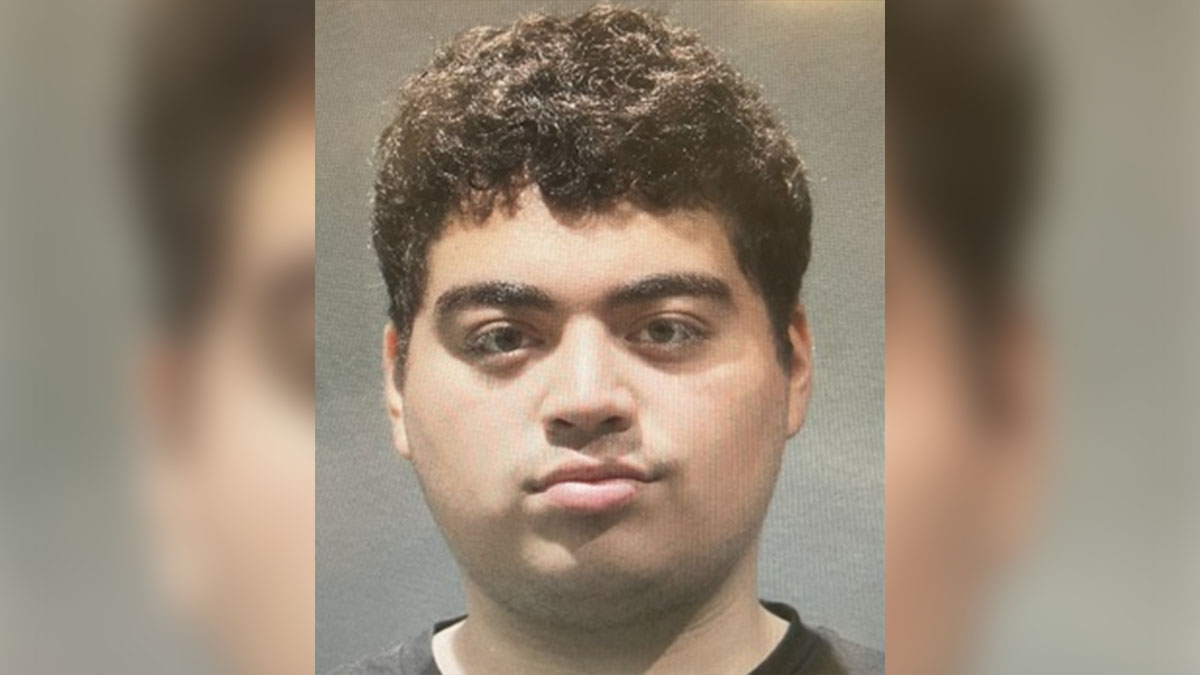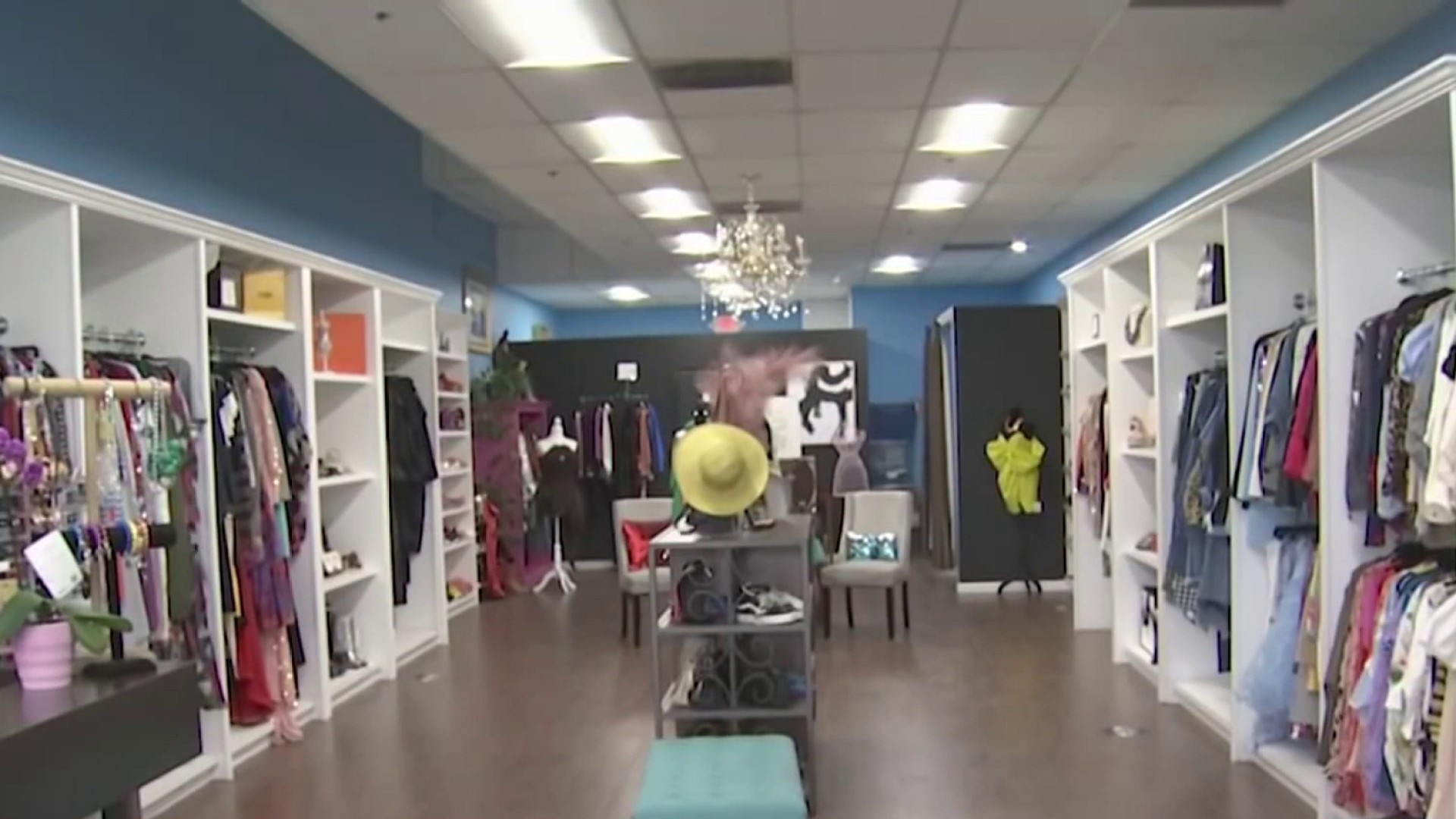Heaven forbid there should be another Metro train crash in the future -- but if there is -- at least the train cars will be more "crashworthy."
Metro officials say the transit system is getting new 7,000-series train cars that are structurally stronger than the 1,000-series cars that now account for about 25 percent of its current fleet.
Metro made the announcement Wednesday during a hearing at the National Transportation Safety Board in Washington.
The board is trying to expose any safety breakdowns that may have lead to last June's deadly train crash. A Red Line train made up of cars from the 1,000 series slammed into a stopped train, killing nine people. Since the crash, the cars have been placed in the middle of trains because officials have said they are structurally weaker.
Metro said the new, stronger cars will be delivered in 2013, and could be put to use possibly a year later.
NTSB panelists touched on a number of topics during a second day of a public hearing on the June Washington Metropolitan Area Transit Authority crash that killed nine people when a train slammed into another train stopped on the tracks. The board plans to consider state and federal safety oversight issues for transit systems, but no probable cause will come out during the hearing.
A day earlier, Metro officials stressed that they are addressing safety problems that have plagued the system. Besides the deadly June crash, two Metro workers were crushed to death last month on tracks when a maintenance truck backed into them. Last year, two more Metro workers were killed, and there was a close call in December in which a team of inspectors from the Tri-State Oversight Committee, which monitors safety at Metro, were nearly hit.
Local
Washington, D.C., Maryland and Virginia local news, events and information
Neal Illenberg, a site safety officer for Alstom Signaling, Inc., on Wednesday said the company warned Metro not to use another manufacturer's parts in replacing the signaling equipment that detects a train on the tracks. Alstom made Metro's track circuits.
Metro replaced equipment known as an impedance bond at the accident site, just five days before the crash. It required changing the track circuit signal strength. Each track circuit uses two modules to communicate. NTSB tests after the crash showed the modules communicated without checking with the rails, causing the circuit to lose its ability to detect the stopped train.
In an August letter to Metro released by the NTSB, Illenberg said the modules at Fort Totten appear to have operated "within acceptable parameters" for some 30 years when used with Alstom equipment.
"Only after those bonds were replaced with non-Alstom equipment, which required higher power levels, did the system apparently malfunction," the letter said.
Harry Hielmann, Metro's former assistant chief engineer, said he was aware of compatibility concerns. As part of the investigation, officials looked at data from train control rooms but didn't see reason to find such a problem. Hielmann said the only mixed equipment that he knew of was used on the stretch of track involved in the accident.
Engineers on Tuesday also said there was one similarity between last year's crash and two previous times when trains nearly collided in 2005 and early last year. Officials said the automatic train protection system did not fail-safe, or kick in during those instances.
Matthew Bassett, who is on the Tri-State Oversight Committee that monitors safety at Metro, concurred with that opinion on Wednesday. He said that failure was a "commonality" among those three incidents.
The oversight committee's autonomy also was called into question by the safety board, including member Robert L. Sumwalt, who said he's concerned about possible conflicts of interest. Those who sit on the oversight panel also work for jurisdictions that make up Metro's board.
"This to me doesn't look right," he said. "You are working for these people, and yet you're overseeing them."
The oversight panel also has no authority to sanction Metro with fines or penalties if the transit system is not in compliance or has failed to follow through on corrective actions.
Committee members from Maryland, Virginia and the District of Columbia meet once a month and conduct a safety audit of Metro every three years. Bassett, who is a Virginia appointee, said he's the one employee whose job is devoted full-time to the committee.
On Tuesday, the NTSB released thousands of pages of material from its investigation into the accident.



